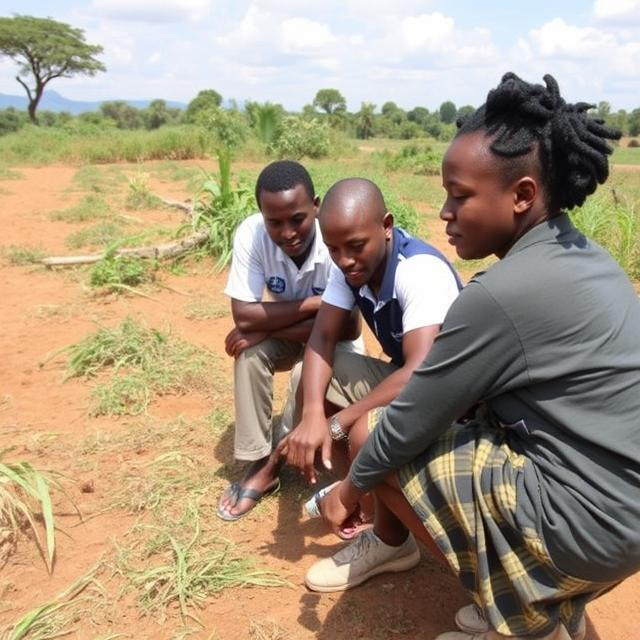Volunteering in Africa offers a chance to make a meaningful impact while experiencing diverse cultures, breathtaking landscapes, and vibrant communities. Whether in education, healthcare, wildlife conservation, or community development, numerous opportunities exist for short- and long-term volunteers. However, volunteering in Africa also comes with challenges that require preparation and adaptability.
Opportunities for Volunteering in Africa
Education & Teaching Programs
Many schools in Africa lack sufficient teachers and resources. Volunteers can help by:
- Teaching English, Math, Science, and other subjects.
- Assisting with after-school programs and extracurricular activities.
- Supporting literacy and digital education initiatives.
Popular Destinations: Kenya, Ghana, Tanzania, Uganda
Healthcare & Medical Assistance
Volunteers with medical or public health backgrounds can contribute by:
- Assisting in clinics and hospitals.
- Providing health education on hygiene, nutrition, and disease prevention.
- Supporting maternal and child healthcare programs.
Popular Destinations: South Africa, Malawi, Zambia, Ethiopia
Wildlife & Conservation Projects
Africa is home to unique wildlife and ecosystems that need protection. Volunteers can:
- Help with anti-poaching efforts and wildlife rehabilitation.
- Support marine conservation and reforestation projects.
- Work in national parks and wildlife sanctuaries.
Popular Destinations: South Africa, Namibia, Madagascar, Botswana
Community Development & Humanitarian Aid
Many rural areas lack access to basic infrastructure and services. Volunteers can:
- Build homes, schools, and community centers.
- Work in clean water and sanitation initiatives.
- Support women’s empowerment programs and small business development.
Popular Destinations: Rwanda, Senegal, Uganda, Mozambique
Agriculture & Sustainable Development
Volunteers can contribute to food security and sustainable farming by:
- Teaching organic farming techniques.
- Supporting small-scale farmers with business training.
- Helping with irrigation and soil conservation projects.
Popular Destinations: Malawi, Zimbabwe, Nigeria, Kenya
Challenges of Volunteering in Africa
Cultural Adaptation & Language Barriers
Many African countries have diverse languages and customs. Adapting to different cultural norms and learning basic local phrases can help ease communication.
Limited Infrastructure & Resources
Some rural areas may lack reliable internet, electricity, and clean water. Volunteers should be prepared for basic living conditions in certain placements.
Visa & Travel Restrictions
Visa requirements vary by country and program. Some volunteering roles require specific permits, and it’s essential to check travel advisories before departure.
Health & Safety Concerns
Diseases like malaria and yellow fever are common in some regions. Volunteers should:
- Get necessary vaccinations before traveling.
- Take preventive measures such as using mosquito nets and bottled water.
- Follow local safety guidelines and avoid high-risk areas.
Ethical Volunteering & Avoiding Exploitation
Not all volunteer programs are ethical. Some exploit local communities for profit (e.g., voluntourism scams). To ensure a responsible experience:
- Choose organizations that prioritize local needs.
- Research and read reviews before committing.
- Avoid orphanage volunteering unless it follows ethical guidelines.
How to Find Volunteer Programs in Africa
Reputable Organizations to Consider
- African Impact – Community and wildlife conservation projects.
- Projects Abroad – Education, medical, and conservation volunteering.
- International Volunteer HQ (IVHQ) – Affordable programs across Africa.
- WWOOF Africa – Organic farming and sustainability projects.
- Red Cross & UN Volunteers – Emergency relief and humanitarian aid.





